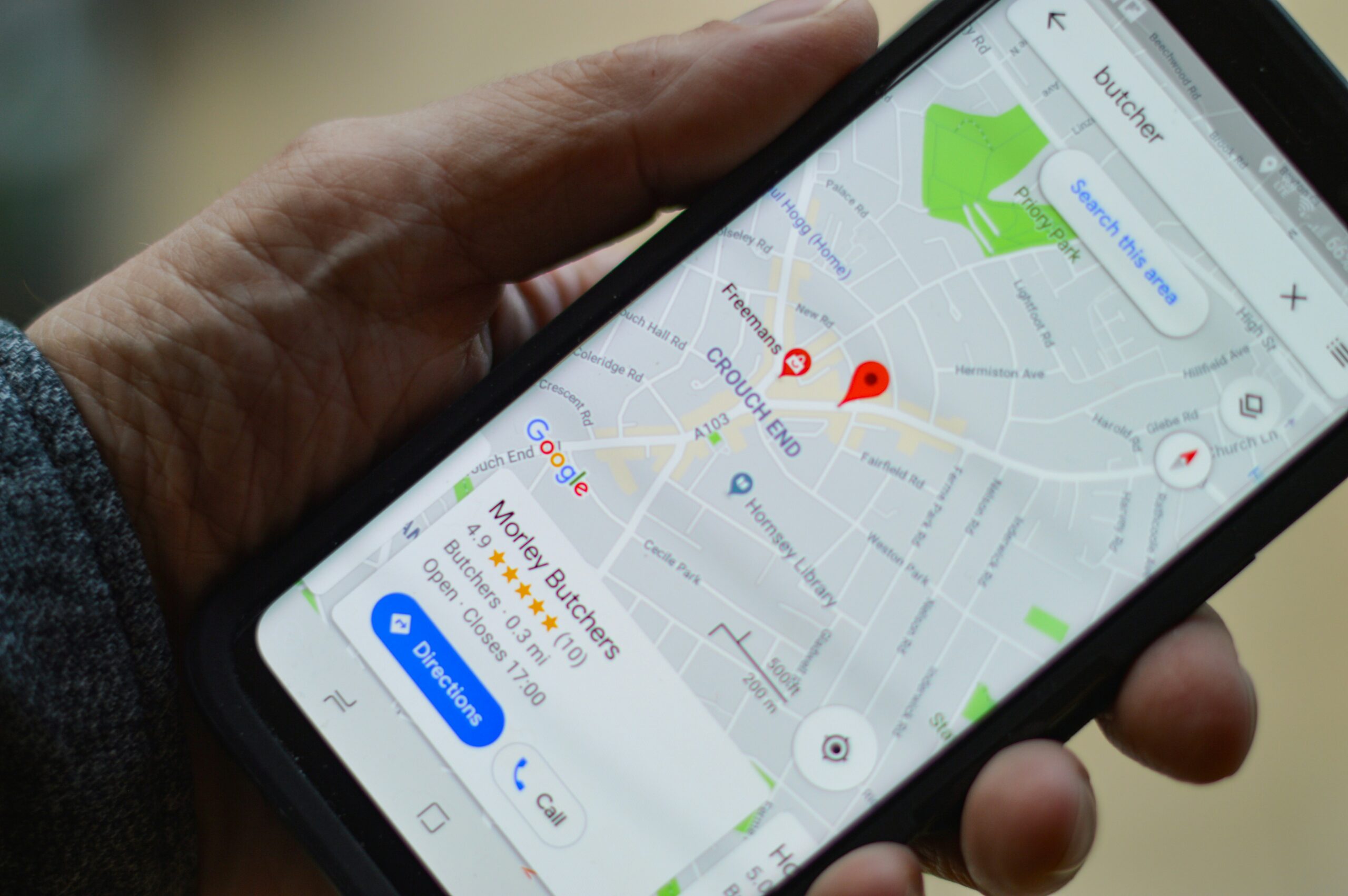Google mocks the EU with Maps

With the Digital Markets Act it has become more difficult to reach Google Maps through searches on Google Search. The regulation is supposed to promote competition, but is it harming user experience? According to Google, yes…
Since the Digital Markets Act – the European law on the promotion of competition in digital markets – came into force on 6 March, many users have found it more difficult to reach Google Maps, the maps and navigation service of Google, through the company's search engine. The newspaper Avvenire even wrote that, with the new European rules, Maps has become " unavailable ".
WHY IS IT MORE DIFFICULT TO REACH GOOGLE MAPS?
The hyperbole is intentional, but it is actually true that reaching Google Maps from Google has become less quick, just as it is true that the reason lies in the European regulation. The Digital Markets Act in fact requires large technology companies (the so-called "Big Tech": not only Alphabet but also Amazon, Apple and Meta) not to favor their own services on their platforms over those of other companies, but rather to guarantee a equal treatment to the products of the latter.
And therefore Alphabet – the holding company that owns Google – had to eliminate direct links to Google Maps when users search for a geographical location on the Google Search search engine. People interested in Alphabet's service will have to type "Google Maps" or the specific URL in the browser search bar.
THE CONSEQUENCES ON THE USER EXPERIENCE
“But was this the revolution, in terms of user experience , that we wanted?” asked Avvenire . According to the newspaper of the Italian episcopal conference (CEI), the Digital Markets Act would have damaged the user experience, which would take longer to satisfy their information needs.
According to the European Commission, however, the "decoupling" between the various services offered by technology companies (Google Search and Google Maps, in this case, both from Alphabet) will make it possible to stimulate competition in a sector controlled by a handful of dominant players; the ones who will benefit, in theory, will be the smaller companies.
Web users, however, use Alphabet's services for free, and therefore it is not so easy to establish whether the dominant position of the US holding company is really harmful to the consumer.
CIULLI'S COMMENT (GOOGLE ITALY)
On LinkedIn, Diego Ciulli – head of government affairs at Google Italy – took up the Avvenire article and commented on it like this: “If when you search for an address you no longer find a map, don't get angry. Europe is asking for it, it is for your good."
THE OTHER DECOUPLINGS
Beyond Google, the Digital Markets Act forces Amazon, for example, not to promote its products and its logistics service (often more convenient) on its e-commerce platform.
Meta – the company that owns Facebook, Instagram and WhatsApp – has announced that it is working on interoperability between its messaging applications and competing ones, so that it is possible to exchange messages even between different services.
Apple, famous for its closed ecosystem – also known in jargon as a walled garden – which greatly limits the possibilities of contact between its devices and programs and those of other companies, had to introduce the possibility of downloading and install applications on iPhones from stores other than your own. The company, however, defends its walled garden , describing it as a necessary and appreciated feature by users of its products because it would guarantee high protection for their personal data.
This is a machine translation from Italian language of a post published on Start Magazine at the URL https://www.startmag.it/innovazione/google-maps-digital-markets-act/ on Fri, 05 Apr 2024 14:09:17 +0000.
